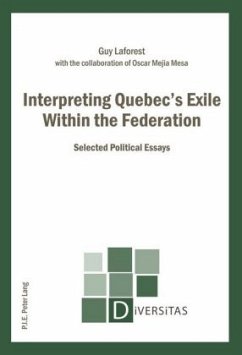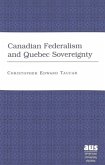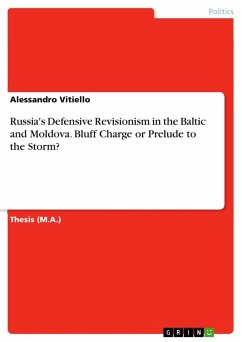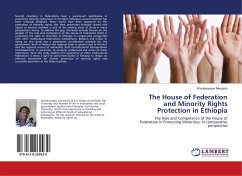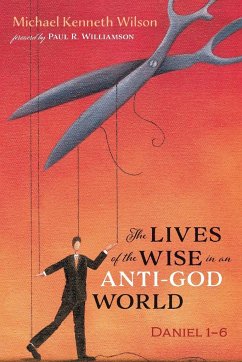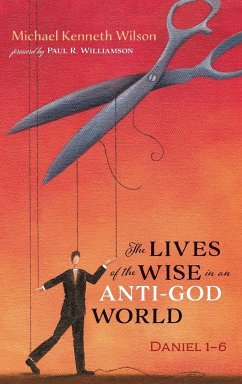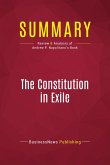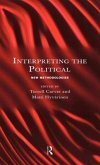This book combines the approaches of political theory and of intellectual history to provide a lucid account of Québec's contemporary situation within the Canadian federation.
Guy Laforest considers that the province of Québec, and its inhabitants, are exiled within Canada. They are not fully integrated, politically and constitutionally, nor are they leaving the federation, for now and for the foreseeable future. They are in between these two predicaments. Laforest provides insights into the current workings of the Canadian federation, and some of its key figures of the past fifty years, such as Pierre Elliott Trudeau, René Lévesque, Stephen Harper and Claude Ryan.
The book also offers thought-provoking studies of thinkers and intellectuals such as James Tully, Michel Seymour and André Burelle. Laforest revisits some key historical documents and events, such as the Durham Report and the 1867 and 1982 constitutional documents. He offers political and constitutional proposals that could contribute to help Québec moving beyond the current predicament of internal exile.
Guy Laforest considers that the province of Québec, and its inhabitants, are exiled within Canada. They are not fully integrated, politically and constitutionally, nor are they leaving the federation, for now and for the foreseeable future. They are in between these two predicaments. Laforest provides insights into the current workings of the Canadian federation, and some of its key figures of the past fifty years, such as Pierre Elliott Trudeau, René Lévesque, Stephen Harper and Claude Ryan.
The book also offers thought-provoking studies of thinkers and intellectuals such as James Tully, Michel Seymour and André Burelle. Laforest revisits some key historical documents and events, such as the Durham Report and the 1867 and 1982 constitutional documents. He offers political and constitutional proposals that could contribute to help Québec moving beyond the current predicament of internal exile.

